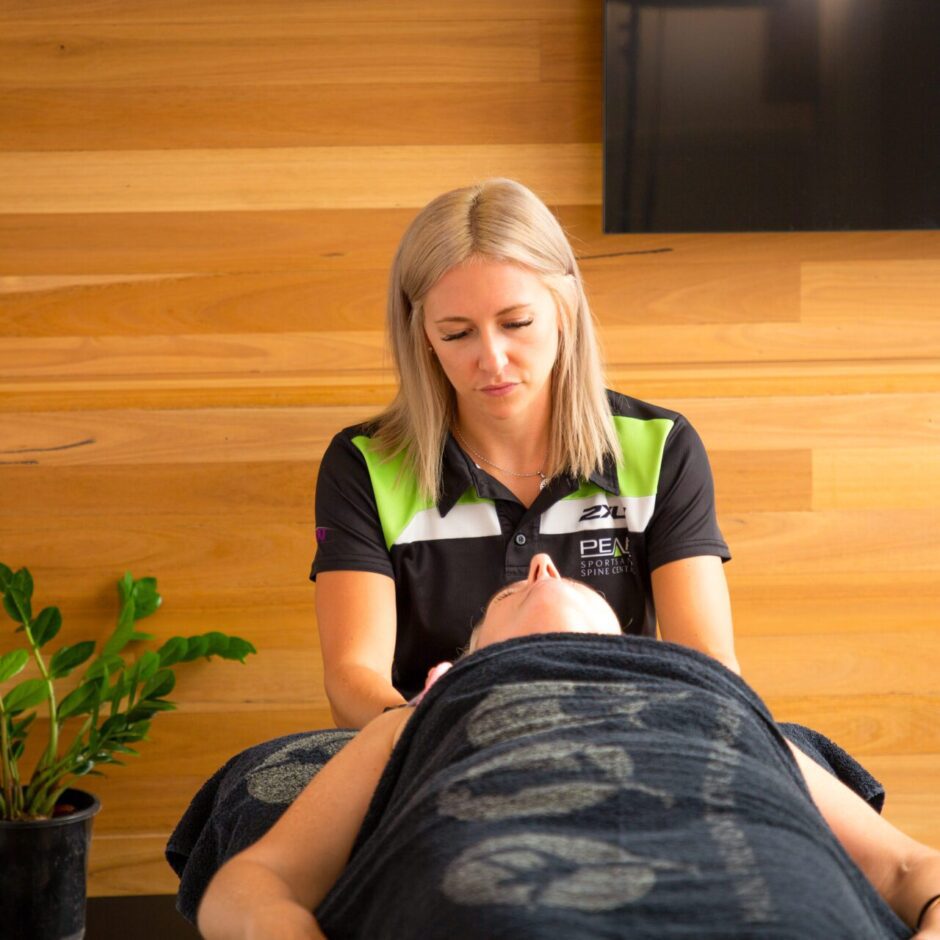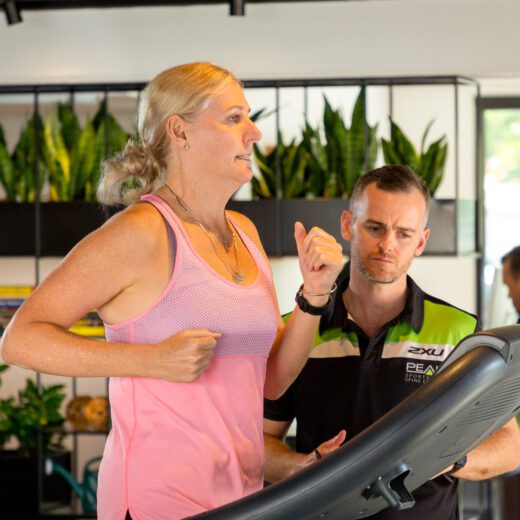
The neck consists of seven cervical vertebrae and numerous muscles, ligaments, and tendons that provide support and allow a wide range of motion. When an individual experiences acute wry neck, it’s often due to a problem in one of the cervical muscles or joints. The primary muscles involved are:
Sternocleidomastoid (SCM):
This muscle plays a critical role in head movement. When it contracts on one side, it causes the head to tilt toward that side while rotating the face away.
Trapezius:
Located in the upper back and neck, this muscle aids in stabilizing the head and neck. Tightness or spasm in the trapezius can contribute to discomfort and limited mobility.
Levator Scapulae:
This muscle helps elevate the scapula and assists in neck movement. Tension in the levator scapulae can exacerbate neck stiffness and pain.
In acute wry neck, it is often the sternocleidomastoid or other nearby muscles that experience spasm or tightness. The result is a lateral tilt of the head (toward the affected side) and rotation of the chin (away from the affected side). This altered posture can lead to significant discomfort and even difficulty in performing daily activities, such as driving or reading.
Causes of Acute Wry Neck
The exact cause of acute wry neck can vary, but it is commonly associated with:
Muscle strain or spasm:
A sudden movement or poor posture can trigger muscle spasms in the neck.
Joint dysfunction:
Sometimes, a misalignment or mechanical dysfunction of the cervical spine joints can irritate the surrounding muscles, causing a wry neck.
Injury:
A trauma, such as whiplash or an awkward sleeping position, can contribute to the development of acute wry neck.
Infections or inflammatory conditions:
In rare cases, infections like meningitis or inflammatory conditions like rheumatoid arthritis can result in a wry neck.
Physiotherapy Management of Acute Wry Neck
The management of acute wry neck focuses on relieving pain, restoring normal range of motion, and preventing recurrence. Physiotherapists play a crucial role in guiding patients through these recovery steps, often using a combination of manual therapy, exercises, and education.
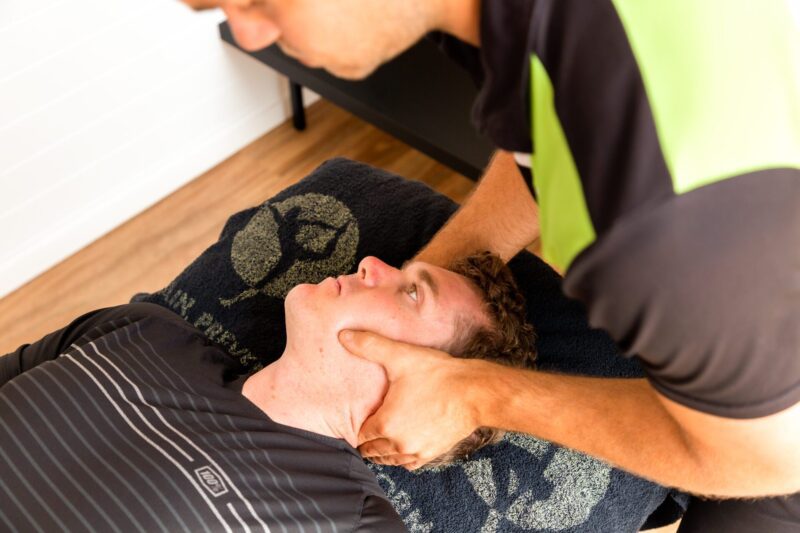
1. Pain Relief and Initial Management
In the acute phase, physiotherapists prioritize reducing pain and muscle spasm. Methods such as:
- Heat or cold therapy: Ice packs or heat pads can be used to reduce inflammation or promote muscle relaxation.
- Gentle stretching: Instructing the patient to gently stretch the affected muscles can help reduce tightness and improve movement.
- Soft tissue massage: Gentle massage of the neck muscles helps alleviate muscle tension.
2. Manual Therapy
Manual therapy is commonly used by physiotherapists to mobilize the cervical spine and relieve pain. Techniques such as joint mobilizations and soft tissue manipulation target tight or restricted joints, improving mobility and reducing discomfort.
3. Exercise Rehabilitation
Once pain and inflammation are under control, physiotherapists guide patients through a tailored exercise program. This may include:
- Stretching exercises: To improve flexibility and prevent muscle stiffness.
- Strengthening exercises: Focused on the deep cervical flexors and extensors, these exercises help stabilize the cervical spine and support posture.
Postural training: Educating the patient on proper posture during activities of daily living, such as sitting, driving, or using a computer, can help prevent future episodes.
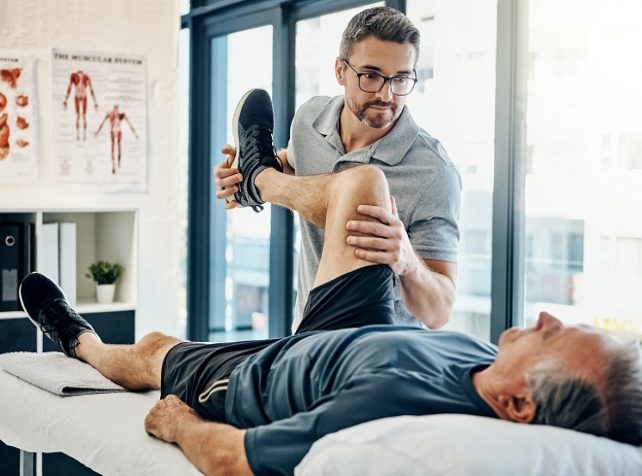
4. Ergonomics and Lifestyle Modifications
Patients are often educated on proper ergonomic practices to prevent recurrence. This may involve adjustments to workstation setups and techniques for lifting and carrying objects.
Acute wry neck is a painful and debilitating condition, but with the appropriate physiotherapy management, most individuals can recover fully. By addressing muscle spasms, improving joint mobility, and strengthening the cervical muscles, physiotherapists help patients regain their neck function and prevent future episodes. Early intervention, combined with lifestyle and ergonomic modifications, is key to a successful recovery and long-term neck health. If you have been experiencing neck pain, book in with one of our PEAK coaches here.
Read the latest articles

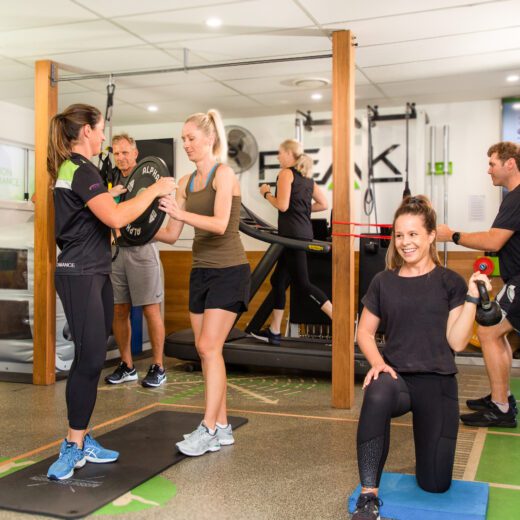
From Recovery to Resilience: Embracing a Preventative Mindset in Physiotherapy
For many, the first encounter with physiotherapy begins with pain. It might be the result of an injury, a nagging ache that won’t go...
Read more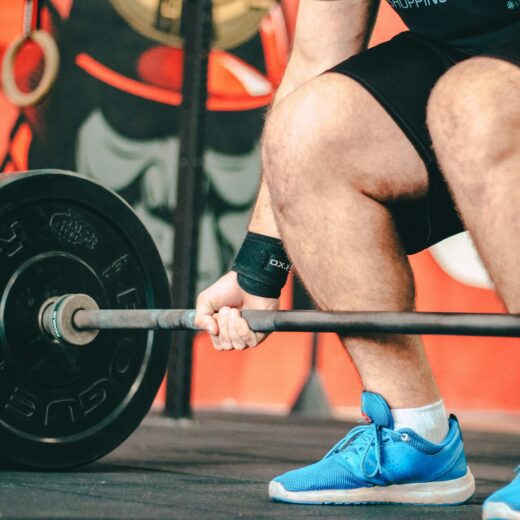
Deadlifting: Why It Matters – A Physiotherapist’s Perspective
As a physiotherapist, one of the most common myths I encounter is that deadlifting is only for bodybuilders or elite athletes. The reality? The...
Read more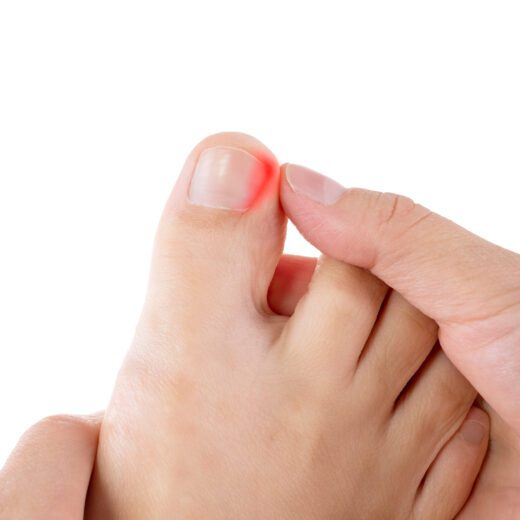
Understanding Ingrown Toenails
Ingrown toenails occur when the edge or corner of a toenail grows into the surrounding skin, leading to pain, redness, and swelling. This condition...
Read more
Staying the Course: How to Stay Motivated Through Your Rehab Journey
Rehabilitation isn’t always a straight line. Some days, you’ll feel strong. Other days, progress might feel slow or even invisible. But here’s the truth...
Read more
When Dreams Take Flight: The Extraordinary Night We Shared “For The Last Time”
In the warm glow of a Brisbane evening, something magical happened. On May 25th, New Farm Cinema became more than just a venue—it transformed...
Read more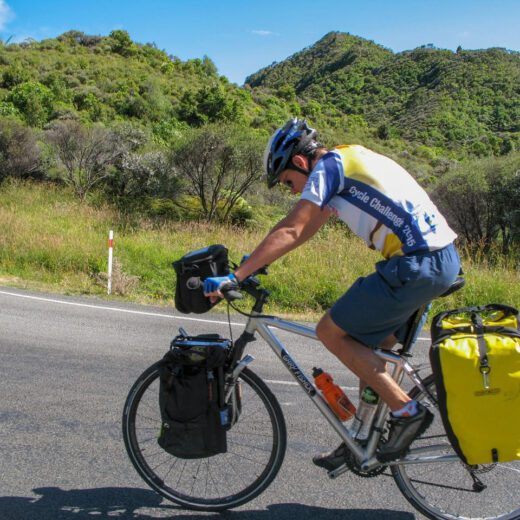
Ed’s Physio Journey with Nickelback Boy
Let us introduce PEAK Athlete Ed Schache… As a husband, Dad to 2 young sons, and lifelong recreational cyclist, Ed’s never been one to chase...
Read more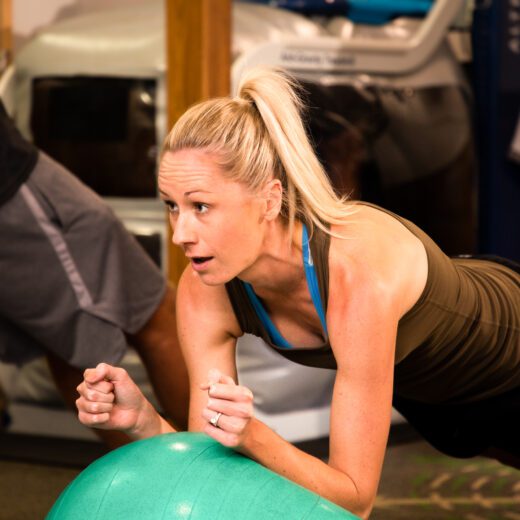
Why Women Should Strength Train: Lifelong Benefits from Youth to Aging
For too long, the image of strength training has been associated mainly with male athletes or bodybuilders. But the science is clear: strength training...
Read more
Sever’s Disease: Understanding Heel Pain in Growing Children
Heel pain in children is a common concern—especially among those who are active and going through growth spurts. One of the most frequent causes...
Read more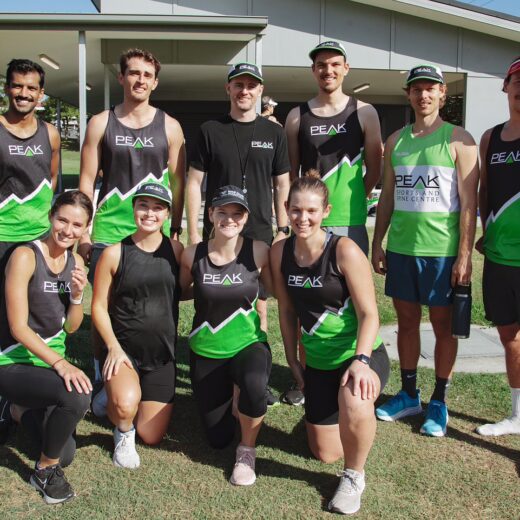
Join the Sunshine Coast Marathon
Join the Sunshine Coast Marathon with PEAK Sports and Spine Centre: Run with a Winning Team and Enjoy Exclusive Perks!Are you ready to challenge...
Read moreNot exactly what you're looking for?
View all articlesLet's get started — How can we help?
Physiotherapy
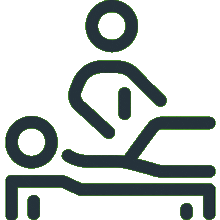
Chiropractic
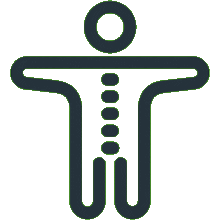
Podiatry
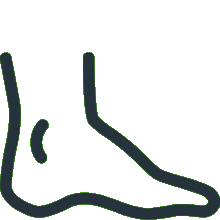
Massage Therapy
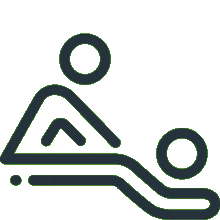
Women's Health Physiotherapy
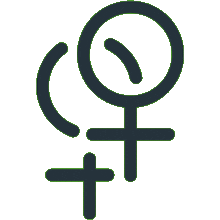
Running Program Tailored To Your Goals
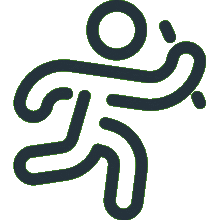
Joint Mobilisation
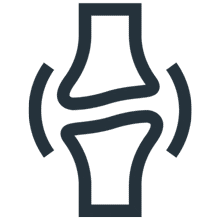
Active Release Technique
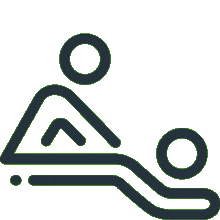
Exercise Prescription
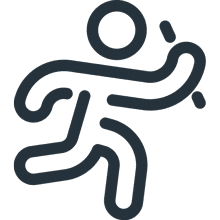
Real Time Ultrasound Imaging
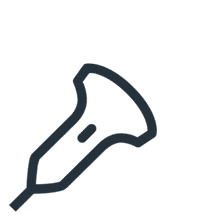
Spinal Manipulation
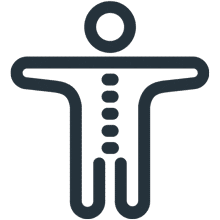
Functional Movement Screen
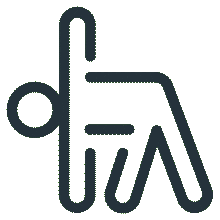
Knee Pain Treatment

Hamstring Strain Treatment
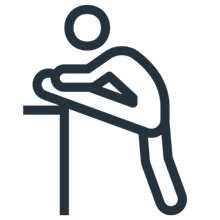
Hip Pain Treatment

Upper, Middle & Lower Back Pain

Neck Pain Treatment

Shoulder Pain & Rotator Cuff Tear

Can't find what you're after?
View all ServicesOr email the PEAK team at info@peakssc.com.au
Hawthorne
- Phone: (07) 3399 3318
- Fax: (07) 3319 6577
Address
5/171 Riding Road,Hawthorne, QLD, 4171 Get Directions
Opening Hours -
6 days per week
- Monday - Friday: 7:00 am - 8:00 pm
- Saturday: 7:00 am - 1:00 pm
To make a booking outside of business hours, please use our form by clicking here.
New Farm
- Phone: (07) 3399 4668
- Fax: (07) 3319 6577
Address
1/15 Lamington Street,New Farm, QLD, 4005 Get Directions
Opening Hours -
6 days per week
- Monday: 7:00 am - 8:00 pm
- Tuesday: 7:00 am - 8:00 pm
- Wednesday: 9:00 am - 8:00 pm
- Thursday: 10:00 am - 8:00 pm
- Friday: 7:00 am - 3:00 pm
- Saturday: 7:00 am - 3:00 pm
To make a booking outside of business hours, please use our form by clicking here.
